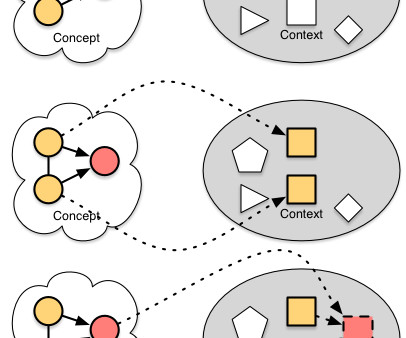Self-regulation & PKM
Clark Quinn
OCTOBER 19, 2016
I’m a fan of Harold Jarche’s Seek-Sense-Share (SSS) model for Personal Knowledge Mastery (PKM). I was also reading about self-regulated learning , and a proposed model for that. To start with, Harold’s model is oriented around coping with the information flow as a component of learning.




























Let's personalize your content